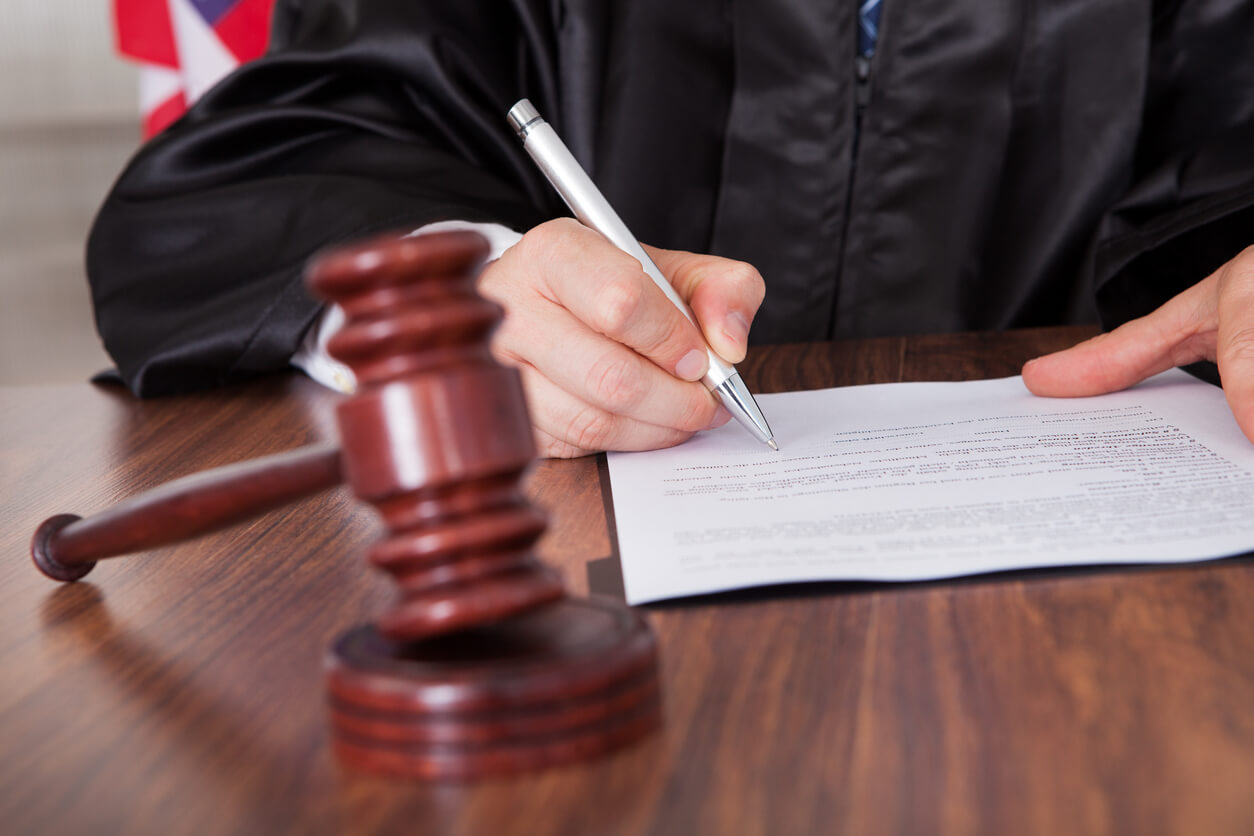Abilify Gambling Lawsuits May Settle After Judge’s Order
Editors carefully fact-check all Drugwatch content for accuracy and quality.
Drugwatch has a stringent fact-checking process. It starts with our strict sourcing guidelines.
We only gather information from credible sources. This includes peer-reviewed medical journals, reputable media outlets, government reports, court records and interviews with qualified experts.

Hundreds of lawsuits filed by people who say the antipsychotic Abilify made them gamble compulsively may settle in the next few months.
A federal judge overseeing multidistrict litigation issued an order May 2 giving the parties until Sept. 1 to finalize a framework for a global settlement.
Multidistrict litigation (MDL) is how the federal courts manage large numbers of cases filed around the country that involve similar questions of fact.
In this case, there are more than 800 pending federal lawsuits filed by people who say Abilify caused them to gamble compulsively.
There are a total of more than 900 state and federal cases filed in the U.S., with more cases pending in Canada, according to a filing with the Securities and Exchange Commission by Bristol-Myers Squibb.
Judge’s Order Issued After Settlements
The order comes days after three cases that were scheduled for trial reached their own individual settlements that involved undisclosed amounts of money being paid to the plaintiffs.
The three cases that settled were to serve as bellwethers. These are the early trials in an MDL that are expected to guide parties in settlement negotiations by allowing them to see how various issues will be determined and how juries will rule.
Chief U.S. District Judge M. Casey Rodgers is managing the Abilify MLD in Pensacola, Fla.
Rogers issued an order on April 28 announcing that the three bellwether cases had settled. Those cases involved plaintiffs Fanny Lyons, Jennifer Lilly and David Viechec.
Lyons’ trial had been slated to begin June 19. The last trial, Lilly’s, was to start on Aug. 27.
Abilify Linked to Gambling, Other Behaviors
The defendants in the cases are Japanese drugmaker Otsuka and Bristol-Myers Squibb, which marketed the drug in the U.S. until 2013.
Abilify was introduced in 2002, and by 2013, it brought in nearly $8 billion a year in sales.
It is prescribed to treat conditions including bipolar disorder, schizophrenia and major depression. Doctors also prescribe it off-label for anxiety disorders, post-traumatic stress disorder and dementia, among other conditions.
Abilify’s severe side effects include compulsive gambling, sex and shopping.